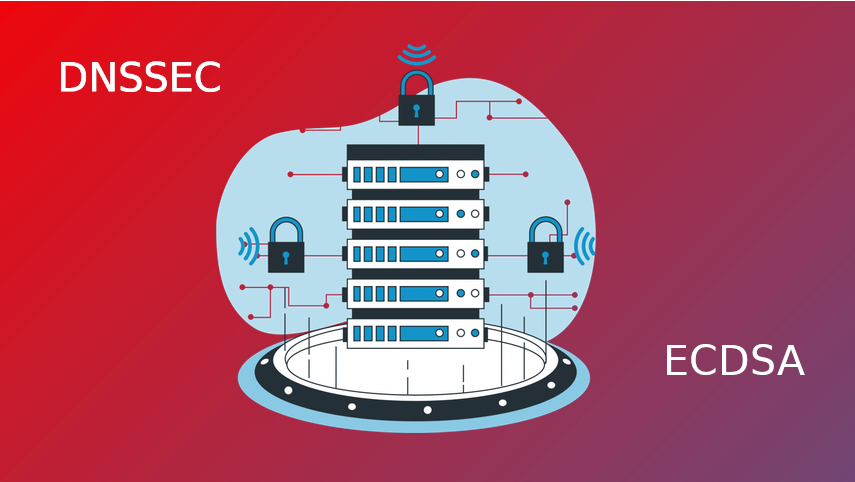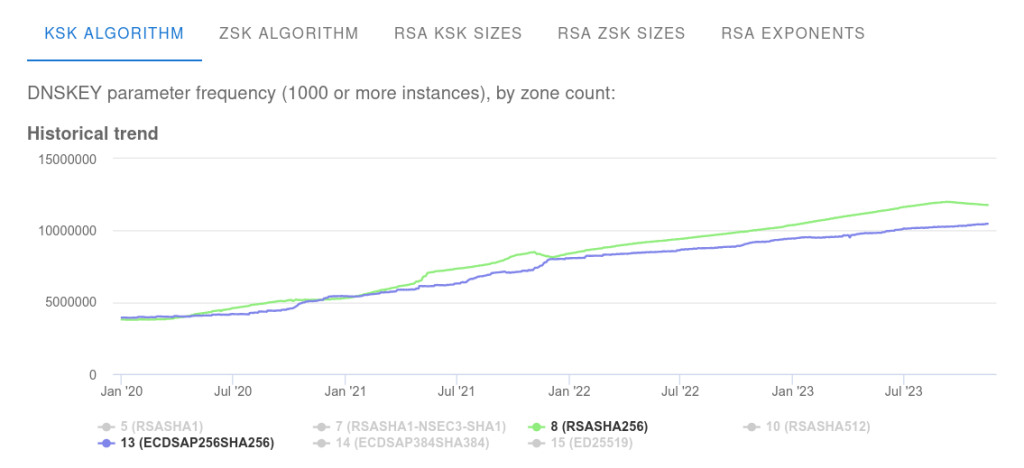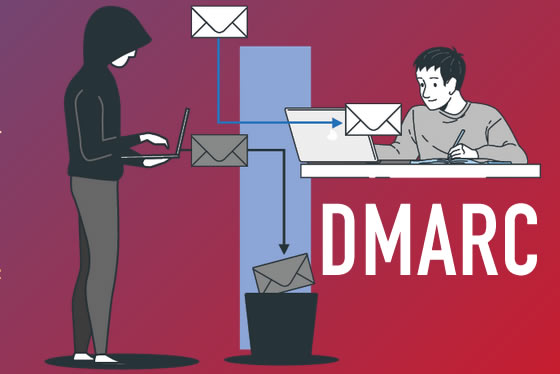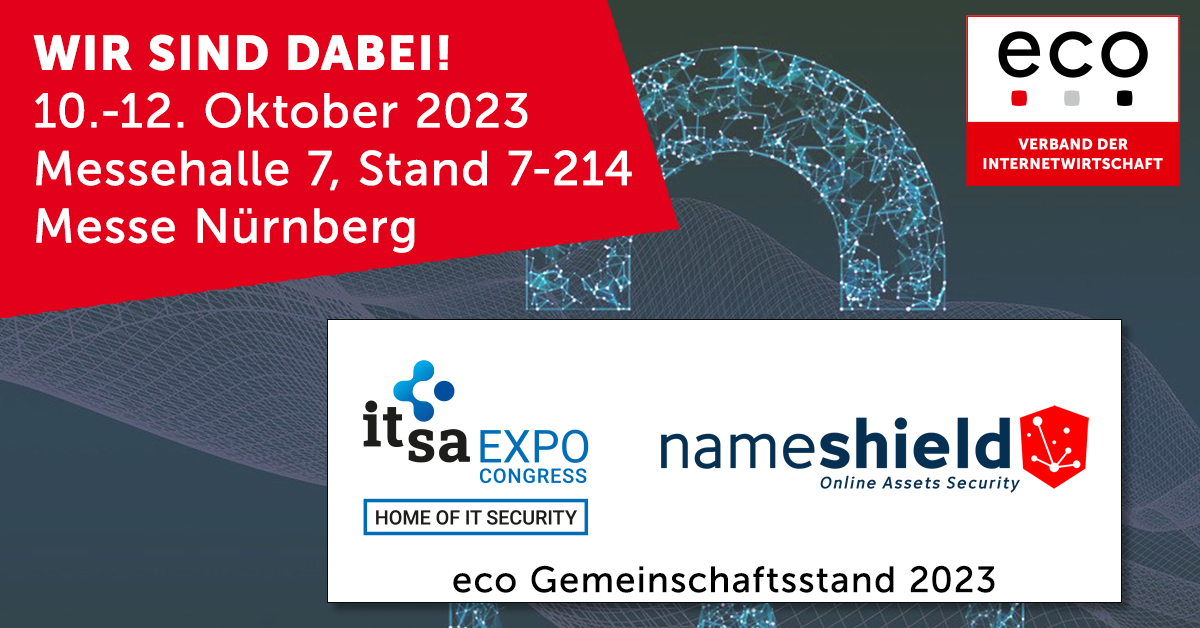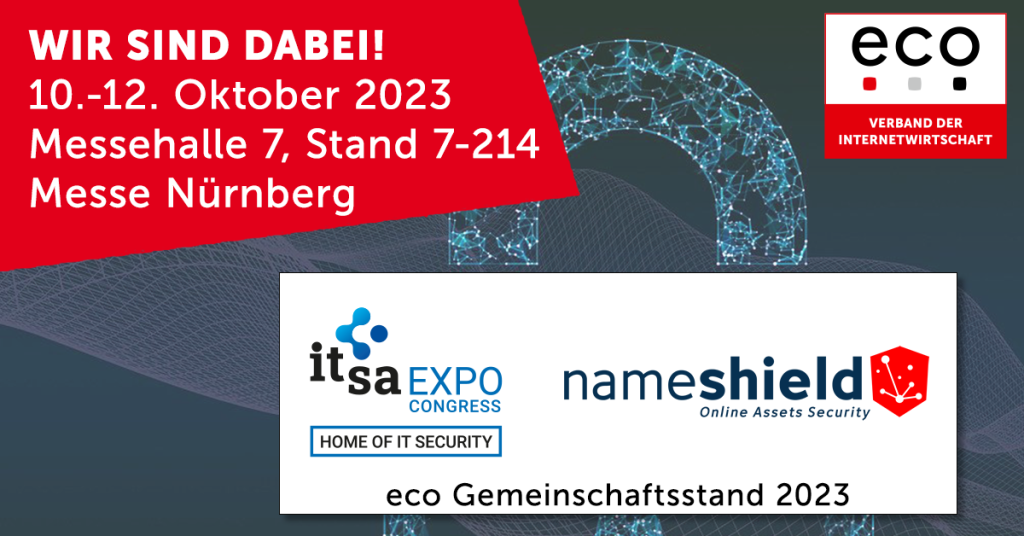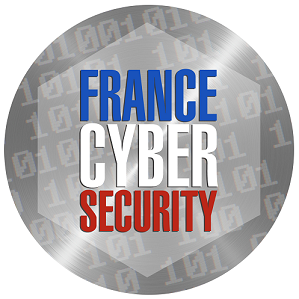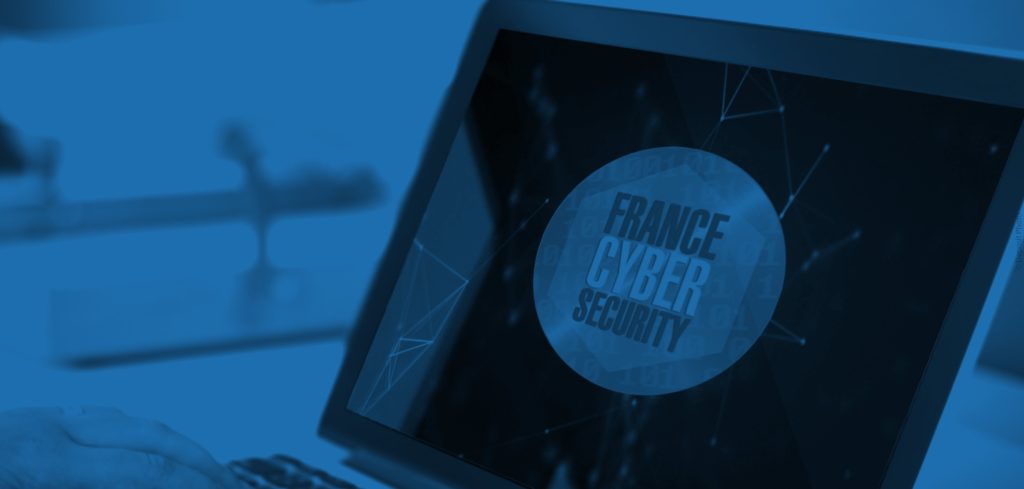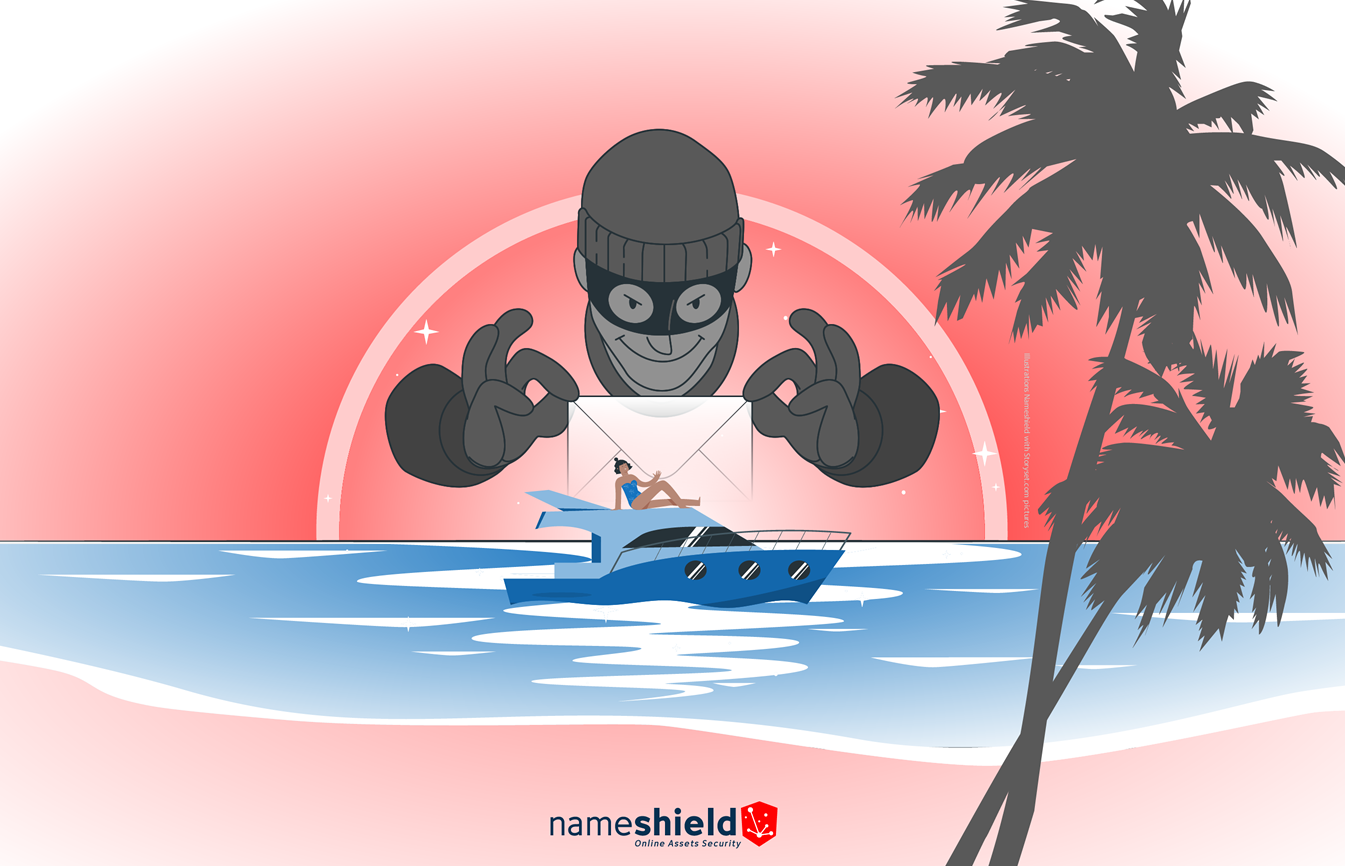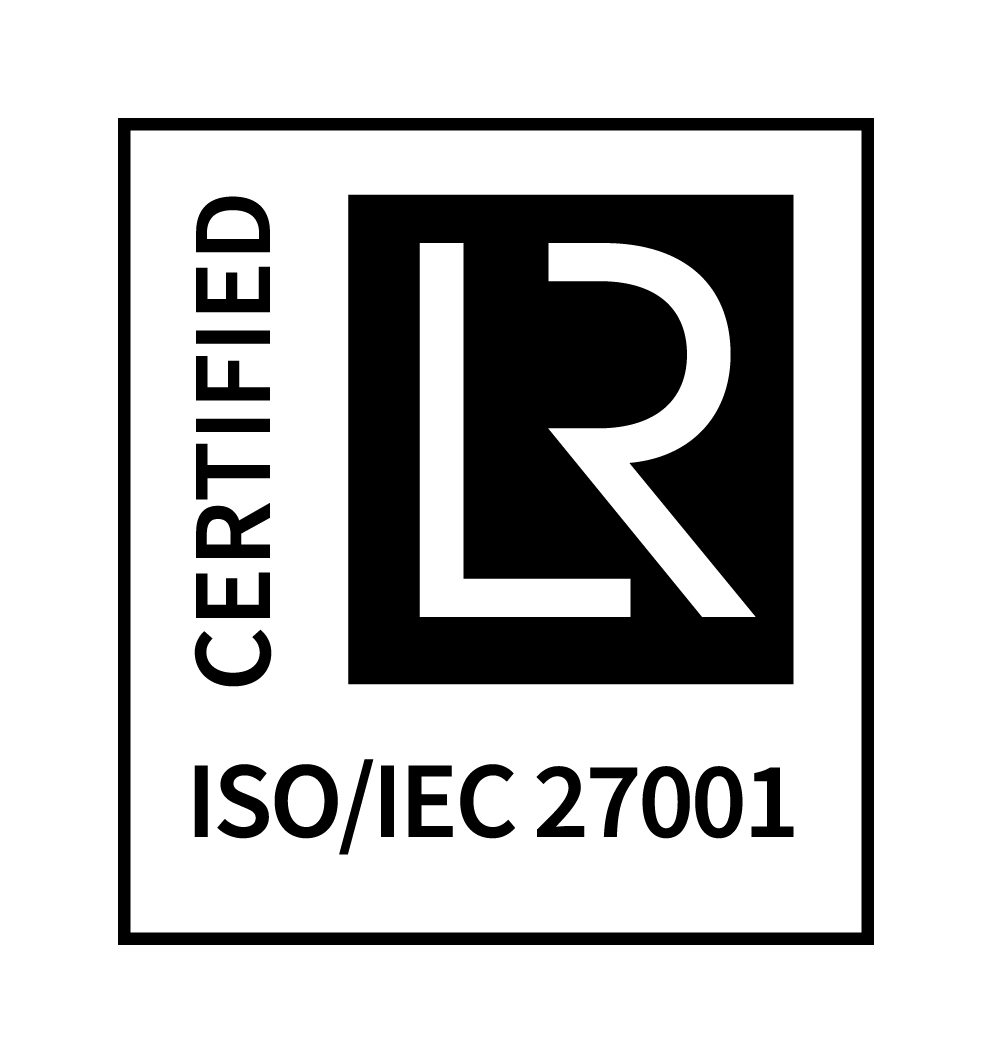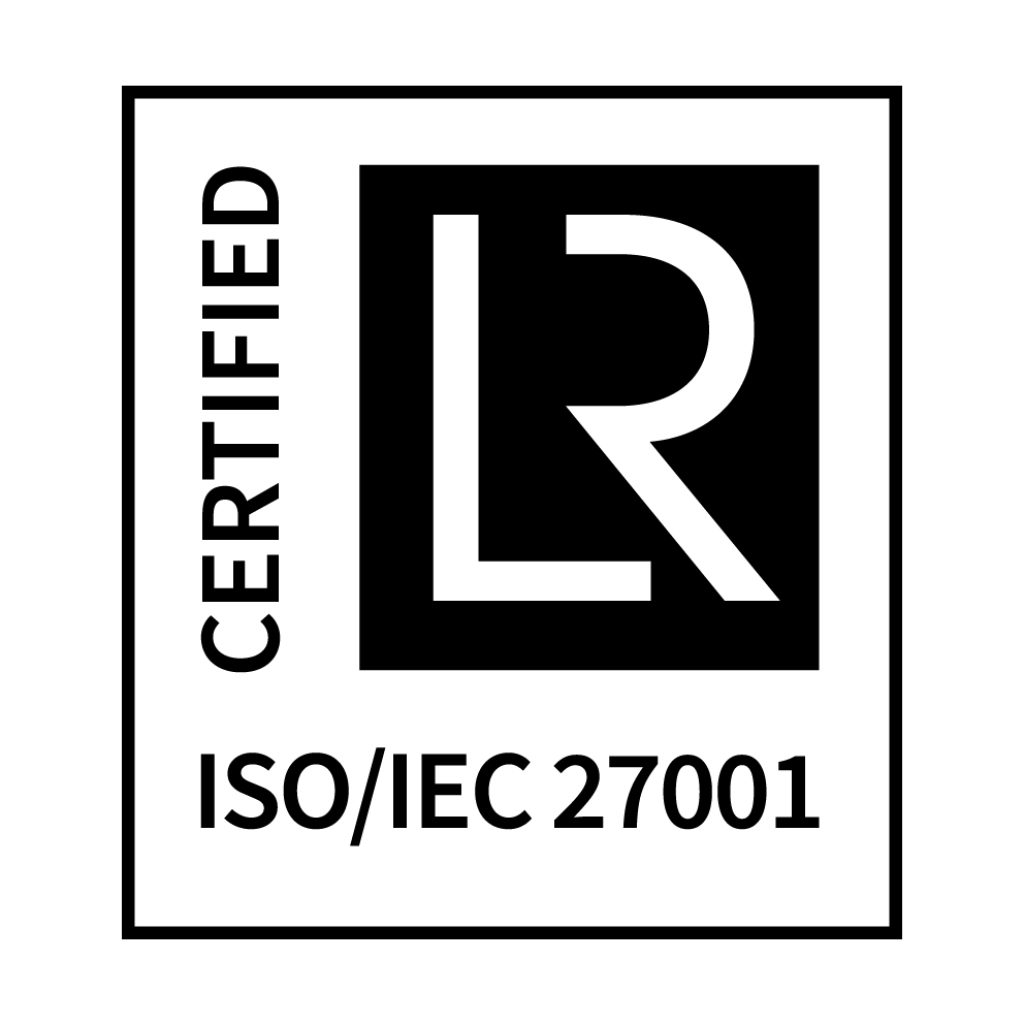
From 22 to 24 April, Cologne hosted the Certified Senders Alliance Summit on the theme of “Trust fuels the future”. The event marked the 20th anniversary of the initiative.
Corporate communications have changed dramatically over the last 20 years with the rise of social networks. For example, Instagram now has more than 2 billion monthly users, YouTube more than 2.5 billion and Facebook more than 3 billion. These platforms were all launched between 2004 and 2010. While they have become an integral part of companies’ communications plans for addressing their users, the use of email is still very high, as there are still so many uses for email: sending email campaigns, newsletters, invoices or for example order confirmations. According to Statista, the overall volume of emails increased by 4.3% in 2023 compared with the previous year, with almost 347.3 billion emails sent worldwide every day. Another fact: on average, a person receives around 121 emails a day. These figures underline that email is not about to disappear.
Gartner nevertheless points out that concerns about email security are growing, with few companies escaping security incidents, with increasingly sophisticated phishing attacks using malicious links or attachments, for example, and data losses often linked to careless behaviour or human error. With this in mind, every year CSA brings together experts from the email ecosystem to discuss best practices and solutions for improving email quality and trust. The event is organised around a series of workshops, sessions, conferences and masterclasses.
Nameshield, which sponsored the event, pointed out that there can be no email security without secure domain names, which are critical business assets, and without a robust, high-performance DNS infrastructure. Email security therefore depends on the choice of your domain name provider and the cyber-security solutions it is able to offer its customers. These include the DMARC protocol, which protects users against fraudulent messages. Customised brand extensions also known as dot brands are another way of building brand confidence in the run-up to the next round of new generic extensions scheduled for April 2026.
Contact your Nameshield consultant for more information on all our solutions.
